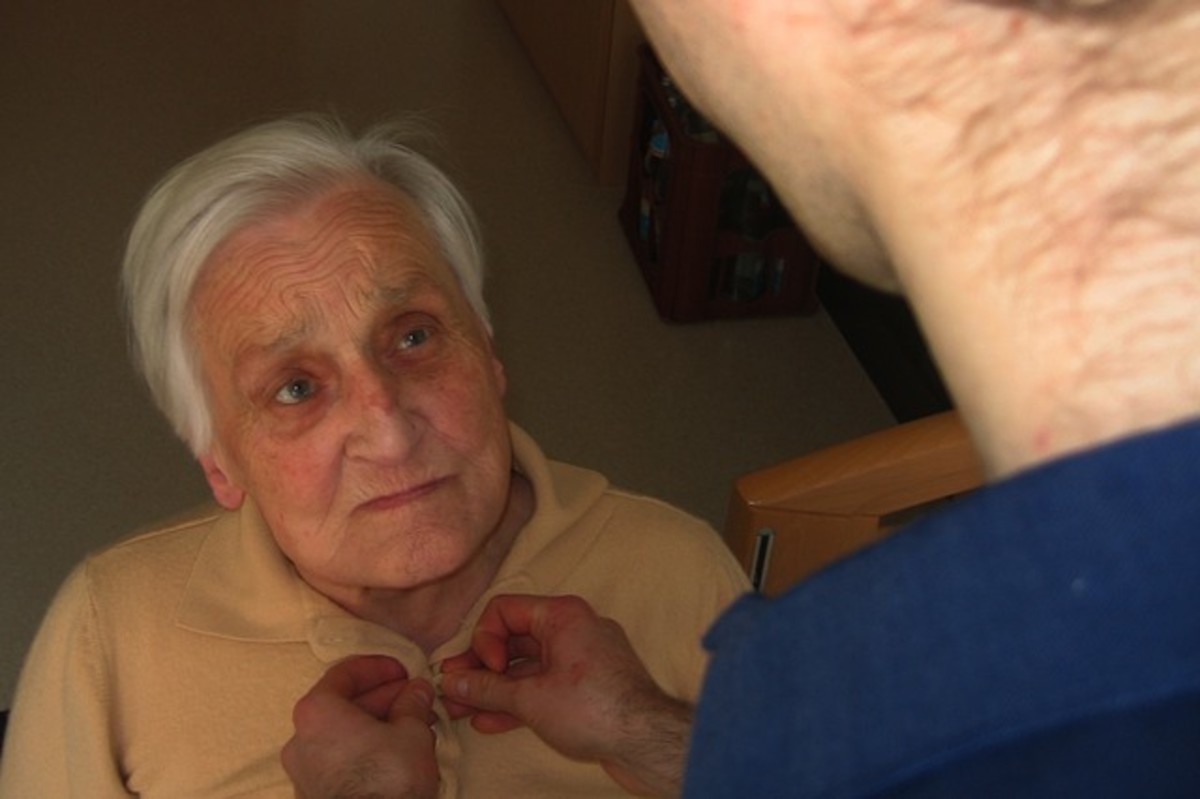Alzheimer's Disease: The Pros and Cons of Having It
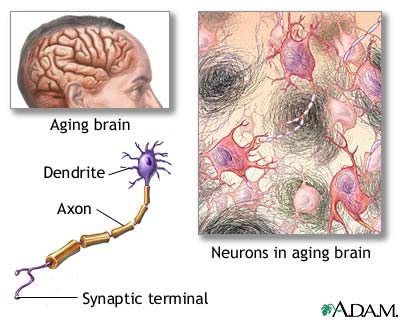
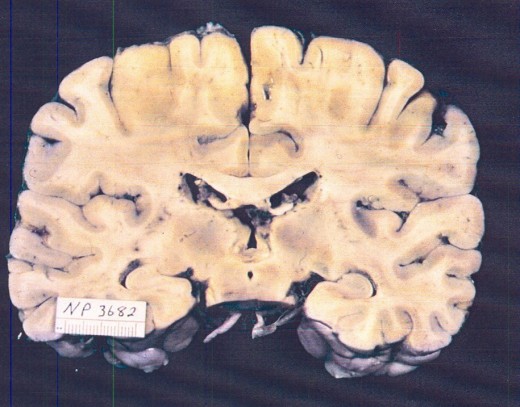
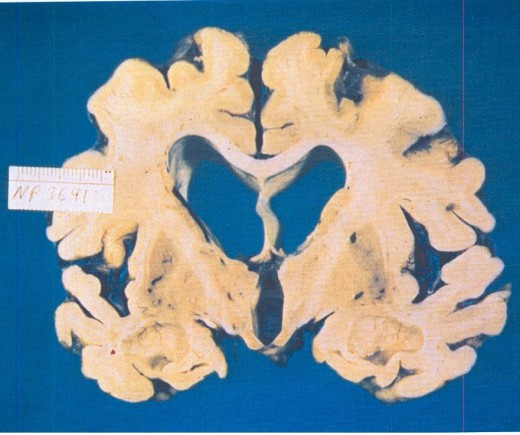

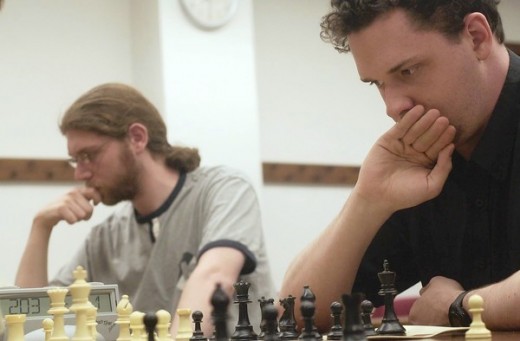
My cousin, who’s also a resident psychiatrist in a mental facility in our province,had experienced having a mother inflicted with Alzheimer’s disease. My aunt who’s in her late seventies suffered this kind of dementia, the most common and serious kind of memory lapses that dried up her brain with all the data stored there every day. She had several kinds of medication in tow. The interval of her forgetfulness will last about fifteen minutes.
She will know or recognize you at one moment, but after a quarter of an hour, she will ask your name, what you’re doing in the house and always threaten you that she’ll call for help from police authority. She didn’t even know her name. When I was there for a month, assisting her; the triggering factor for her to remember is her title (education district supervisor) plus her full name. From there, she will have a boisterous laugh. She frequently use the bathroom washing her hands every now and then. We locked the refrigerator because she’s already eating raw meat. One time, when I cooked a pork stew for lunch, her husband (my uncle) and I were puzzled by her tantrums. When we asked why, she said that I was always feeding her with bones. Laughing, I explained that she’d already eaten the fleshy part of the viand.
Whenever sleeping time comes, she often asked her husband who he was, what’s his name and the like. She didn’t want to sleep with him because she didn’t know him. There were times when she’s always agitated, nervous and irritated because she didn’t know the names of her family members. The disease lasted for more than five years. My cousin did all she can to prolong the life of my aunt, but the disease already erased her memory.
The Shocking Truth about Alzheimer's Disease
Despite the fact that it is being exploited and depicted in movies, the fact remains that this fatal ailment has no cure. It wreaks havoc on the patient’s life and those of his or her family and loved ones.
The disease is named after German physician Alois Alzheimer who did an extensive research about this progressive and fatal disease. Alzheimer’s disease is the most common type of dementia (or loss of memory) and currently, no available cure yet. The Alzheimer’s Association (www.alz.org), is a leading voluntary organization in working for Alzheimer care, support and research.
Alzheimer’s disease destroys the patients brain cells, like a computer virus erasing a PC’s data and files. As more and more of the brain’s estimated 100 billion nerve cells are destroyed, the patient starts exhibiting memory loss, changes in the ways he or she thinks, speaks, and acts.
The disease adversely affects the patient’s quality of life, relationships with other people, and productivity and ability to earn a living. Oftentimes, it also puts the patient’s life at risk. The disease often destroy the lives of many old people; it can be our grandparents, aunties and uncles. The difference of Alzheimer’s disease from senility is that it gradually erases the memory of the victim while a person going back to his or her childhood memories is said to be suffering of age of senility.
Cellular Phones: Harmful to our brain?
There are many arguments about the effects of using cellular phones and the Alzheimer’s disease. Some studies reveal that patients are becoming younger, although the disease affects mostly older people.
Both scientists and advocates are frantically searching for a cure, as well as trying to determine its causes and risk factors. And one of the factors being considered closely is wireless communication systems - mobile phones and their network infrastructure. Laboratory studies have shown that, indeed, wireless radiation can have an effect on the brain. Studies revealed mobile phones can damage brain cells and might be a trigger factor in the early onset of Alzheimer’s disease. A study conducted on laboratory rats revealed that mobile phone signal damages areas of the brain associated with learning, memory, and even movement.
However, these experiments should be too conclusive. Later experiments showed that mobile phones do not cause harm to the human brain. There were experiments that are being conducted by different mobile companies to boost the sales of their units or products. There are competitors in the field that play dirty tricks to increase their sales. We will never know the exact results of an experiment, unless it is conducted by legitimate scientists and researchers who are licensed to implement such kind of moves.
Useful Link for further understanding about Senile Dementia/Alzheimer Type (SDAT)
http://health.allrefer.com/health/alzheimers-disease-pictures-images.html









